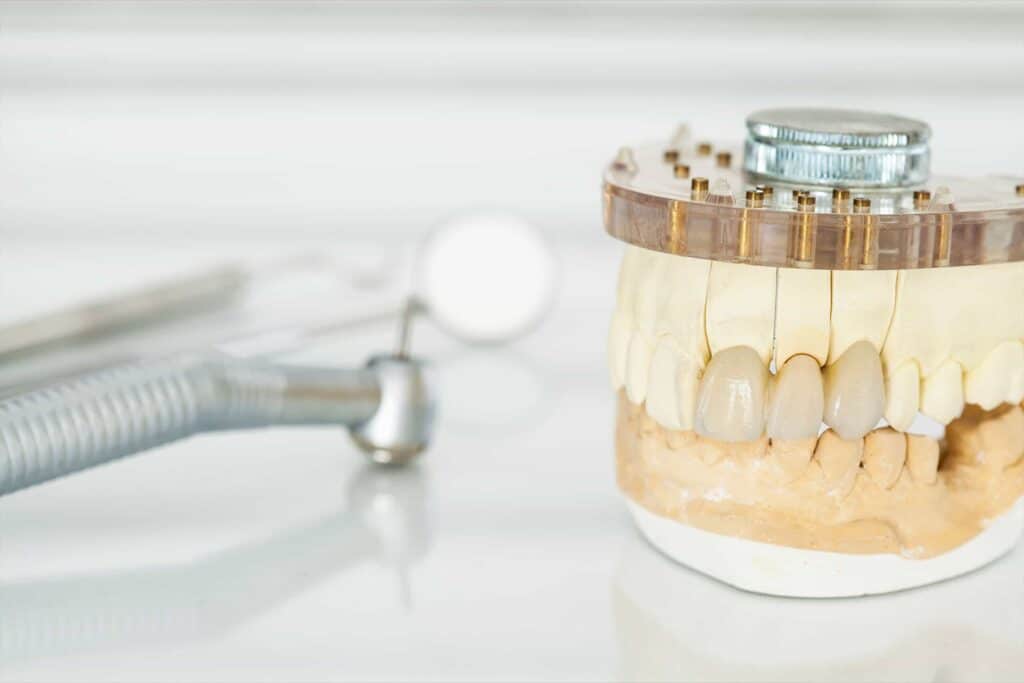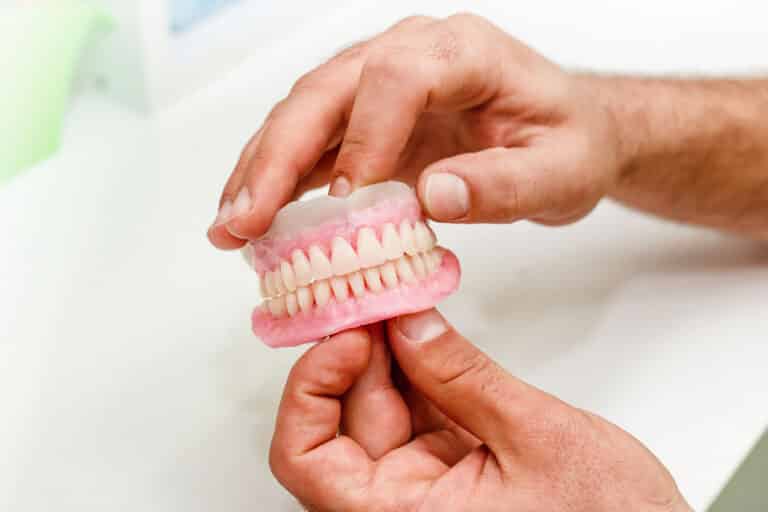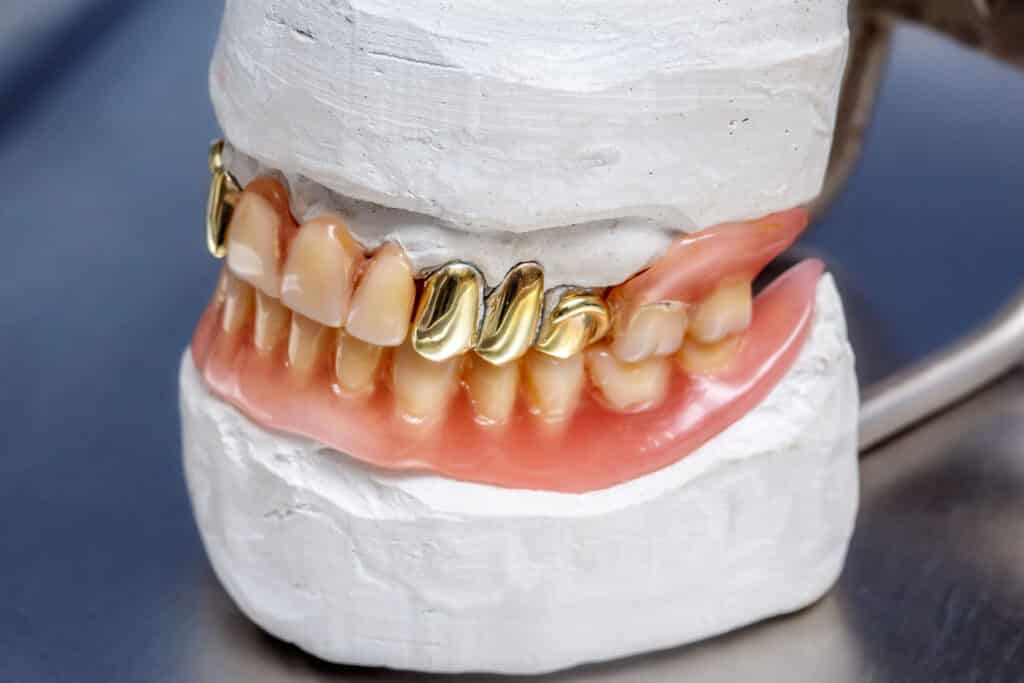Dry mouth is a condition where the salivary glands in your mouth don’t create enough saliva to keep your mouth wet. Also known as xerostomia, the cause is often due to dehydration, your age or as side effects of medication or treatment of various diseases..
Why Is Dry Mouth Bad for Your Teeth?
If you have xerostomia, you’re more likely to get tooth decay. Dry mouth is also bad for your gum lines, as it can cause the gum line to decay. Dentin is the inner layer of your teeth and has less resistance to acids. With not enough saliva to protect your teeth from your dry mouth, the teeth are more susceptible to decay, especially in elderly populations.
Saliva offers amazing protection for your teeth. It prevents cavities by remineralizing teeth and fights against gum disease. Saliva also naturally cleans your teeth as it washes away bits of food so acid can’t stick around for too long to attack your tooth enamel.
The bacteria that forms cavities in your teeth? Saliva helps with that too — so it does more than keep your mouth wet.
Without enough saliva protecting your teeth, you could suffer from:
- More cavities
- Higher risk of periodontal disease
- Poor nutrition as you could have difficulty swallowing or chewing.
- Cracked lips.
- Split skin at the corners of your mouth.
- Thrush.
- Mouth sores.
What Causes Dry Mouth?
If your glands aren’t working properly to produce enough saliva, it could be because of:
- Medication: Dry mouth can be the side effect of hundreds of medications, including those that treat depression, anxiety and high blood pressure.
- Chemotherapy: Cancer treatment can change how much saliva you produce but can return to normal once treatment is over. Radiotherapy can damage salivary production permanently.
- Nerve damage: Injuries or surgery can result in xerostomia.
- Age: The older you get, the higher your chances of dry mouth. Health issues, poor nutrition and the inability to process medication all play a role.
- Alcohol and tobacco: Drinking alcohol and smoking tobacco can result in xerostomia symptoms.
- Other health conditions: Diabetes, Alzheimer’s, HIV, stroke, snoring, breathing with your mouth open — these all contribute to dry mouth.
How Do I Prevent Dry Mouth?
If you’re suffering from dry mouth, here are some quick tips to try:
- Drink lots of cold water throughout the day.
- Keep water with you at night.
- Suck on popsicles or ice cubes.
- Slowly sip sugar-free drinks.
- Use chapstick if your lips are dry.
- Chew on sugar-free candy or gum.
- Brush your teeth twice a day.
You should also use alcohol-free mouthwash when brushing your teeth. Remember, you’re more likely to get tooth decay if you have a dry mouth, but poor hygiene will also make it worse.
Here are some tips on what you shouldn’t do if you have xerostomia:
- Don’t sleep with your dentures in.
- Don’t smoke.
- Don’t drink lots of caffeine, soda or alcohol.
- Don’t have acidic foods like lemons.
- Don’t eat anything spicy, salty or sugary.
- Don’t use acidic saliva products if you have your own teeth.
- Don’t stop taking prescribed medication without advice.
What Helps Dry Mouth?
Your dentist will offer great advice on what products can work for you. But some of the most common over-the-counter products that have proven to work well against dry mouth include:
- Xylimelts.
- Salese lozenges.
- Biotene gels, sprays and toothpaste.
- Xylitol products, such as Numoisyn.
Although we do see the irony of using medication to treat dry mouth since it is one of the most common side effects of all medications, there are prescription medications, such as Evoxac and Salagen which can help. Speak to your physician whether or not there are any prescription medications that can help.
How Can I Treat Dry Mouth?
The tips mentioned here are good starting points to help treat your dry mouth. If those tips don’t work, then you can treat it in other ways.
You can change your medication. Speak to your dentist or doctor and they’ll advise you on medication that might work better or increase your dosage to reduce your dry mouth symptoms.
They might also make you try products that moisturize your mouth. Some examples include artificial saliva or moisturizers to keep your mouth lubricated. It’s a good idea to keep using mouthwash that’s designed for dry mouth. It benefits in two ways, as you’ll relieve your dry mouth symptoms and prevent tooth decay too.
In some cases, you might have severe symptoms in which case you could use saliva stimulation medicine to stimulate saliva production. They might also fit fluoride trays for you to fill with fluoride and wear at night by covering your teeth.





